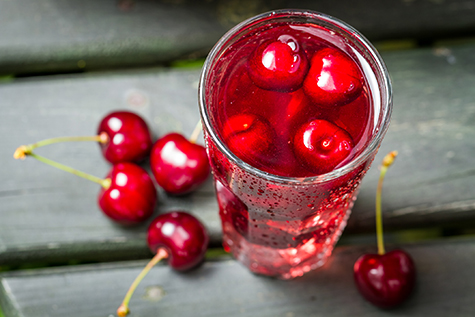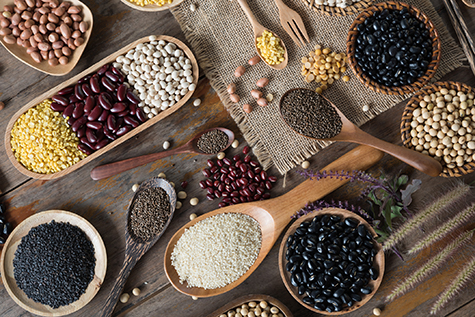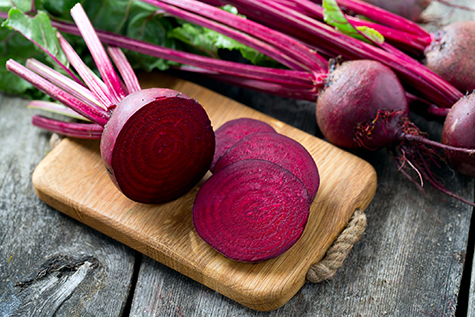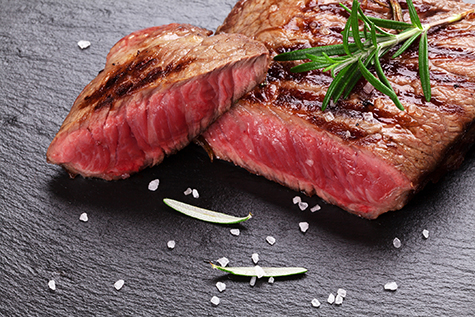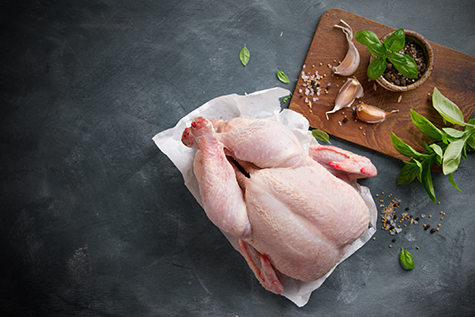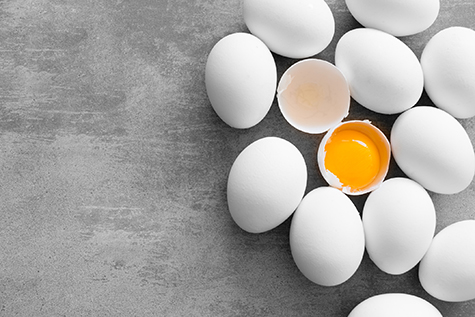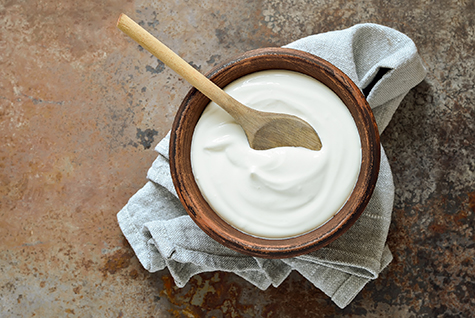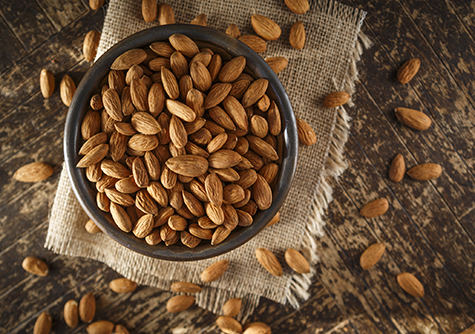11 Foods to Boost Your Energy & Workout


If you’ve been following a regular workout regime, you deserve applause. I try to walk and swim as often as I can. Whether you run a few times a week, hike on the weekends or go to the gym, regular exercise is one of the most reliable ways to live a healthier life.
Whatever kind of workout you practice, there are foods that can help you make the most of any exercise routine. Even though there are performance-enhancing supplements, eating the right foods is the most reliable way to build muscle and recover efficiently from workouts. Some of my favorite energy boosters are easy to keep on hand and can be prepared in delicious ways that everyone in your family will enjoy.
Here are eleven great workout boosters you might want to try:
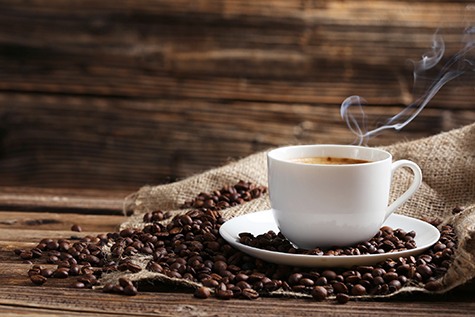 Caffeine
Caffeine
It’s not exactly a food, and it is one I try to avoid when I can, but it is found in popular food and drinks such as coffee, tea, some sodas and dark chocolate. You probably know that caffeine can increase alertness and provide a burst of energy when you’re sagging in the morning or late afternoon, but it also improves mood, increases pain tolerance, helps metabolize fat, and helps athletes work out longer and harder. Studies have shown that caffeine improves athletic performance. A cup or two of coffee consumed an hour before exercise, enables athletes to bike, swim or run a little faster a little longer. Caffeine works by making the muscles burn fat more easily, and the increase in alertness caffeine provides makes exercise feel less strenuous. When consuming caffeine, make sure you stay well hydrated and, while it affects everyone differently, it’s best not to consume too much caffeine late in the day, or you may experience trouble falling asleep.
Tart Cherry Juice
Managing muscle inflammation caused by strenuous exercise is essential to muscles’ recovery. Tart cherries contain nutrients that have anti-inflammatory effects on the body. Cherry juice has a higher concentration of anti-inflammatory nutrients than whole cherries. Recent studies have made a connection between drinking tart cherry juice and accelerated post-workout recovery. This increases overall training capacity and enhances performance in all activities such as running or biking by reducing muscle pain.
Beans
The humble bean is full of protein, fiber, folate — a B vitamin that promotes muscle growth — and copper which strengthens tendons. A cup of black beans contains 12 grams of protein and eight grams of fiber which helps keep blood sugar from spiking. And as if that wasn’t enough, a Spanish study determined that four weekly servings of beans or legumes accelerate weight loss.
Here’s a recipe for Black Bean Salad that comes from my The Age Beautifully Cookbook.
Beets
This deeply colored vegetable packs plenty of nutrition. Drinking beet juice increases blood flow to the muscles, particularly the fast twitch muscles responsible for bursts of speed and strength. Beets also contain nitrates, a natural chemical that increases endurance and lowers blood pressure.
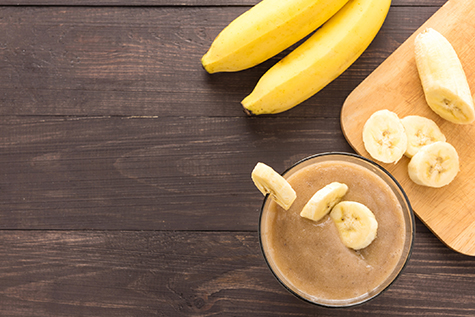 Bananas
Bananas
Because they’re rich in a highly digestible sugar called glucose, bananas are an ideal source of fuel and quick energy. They are also high potassium, which helps prevent muscles from cramping during workouts. A medium banana contains about 36 grams of good carbs and their low glycemic index means the carbs are slowly released into your body. This prevents blood sugar spikes and crashes, and even levels of blood sugar helps the process of muscle recovery.
Banana-Mocha Smoothies, another recipe from my Age Beautifully Cookbook, are a favorite with kids, but they contain many ingredients that help athletes recover from a strenuous training session including coffee, yogurt, anti-inflammatory cinnamon, almond butter and cocoa powder.
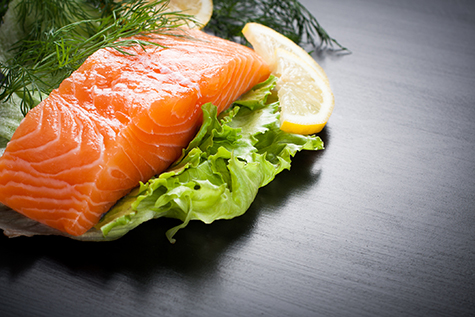 Wild Salmon
Wild Salmon
The omega-3 fatty acids in wild salmon are known inflammation reducers that keep the heart and blood vessels working smoothly. At 39 grams of protein per serving, wild salmon is an outstanding source of this muscle-building ingredient. Farmed salmon does not have the same advantages as wild. It’s fed fish meal, which contains PCBs — polychlorinated biphenyls — which are chemicals that cause endocrine disruption. Studies have shown that individuals with high blood levels of omega-3s lived two years longer, on average, than those with lower levels.
Try this recipe for Salmon Poached in Pickling Spices also from the The Age Beautifully Cookbook. Pickle juice makes a nice poaching liquid, but I’ve found that pickling spices without the vinegar are even better for poaching fish, especially salmon. I top this poached salmon with my Pecan and Sundried Tomato Tapenade and my Mock Sour Cream.
Grass Fed Beef
A muscle-building superstar, grass fed beef is the primary food source for creatine, which increases muscle mass by speeding protein to muscles. It’s also rich in CLA, an anti-inflammatory fatty acid. A four-ounce serving provides more than one-half the RDA of protein. Grass fed beef is a great source of iron, magnesium and B12 which are all important for building muscle. It also has more vitamin E and less fat than beef raised in feed lots.
Chicken
There’s a reason chicken is the staple in every muscle-building diet. It contains a whopping 54 grams of protein in a six-ounce serving and it’s rich in leucine, an amino acid which increases protein synthesis. According to studies at the University of Illinois, researchers found that subjects that ate high-leucine diets lost more weight and body fat while maintaining more lean body mass.
Eggs
So perfect in such a beautiful package! A whole egg provides 77 calories and contains seven grams of protein as well as 22% of the RDA for selenium which helps reduce the risk of cardiovascular disease, thyroid disorders, and cancer; 15% of the RDA for vitamin B2 which helps the body turn carbs into energy; and 9% of vitamin B2 for healthy nerves and phosphorous for maintaining strong bones.
Greek Yogurt
Full of muscle-nourishing nutrients, Greek yogurt is an excellent source of protein, calcium and vitamin D, which are all good for building muscles. Vitamin D is essential for bone health and you need strong bones to support muscles. Vitamin D also helps with protein synthesis. Just make sure you eat the plain Greek yogurt without added sugar.
Almonds
Full of vitamin E, fiber and protein, almonds are the perfect workout snack. Studies have shown that eating a small handful of almonds before a workout can help burn more fat and carbs. A quarter cup of almonds contains eight grams of protein and a good amount of magnesium, which boosts energy and endurance. High in calories and good fats but nutrient dense, make sure you keep consumption to just 20 at a time, or you’ll store more fat than burn muscle.
